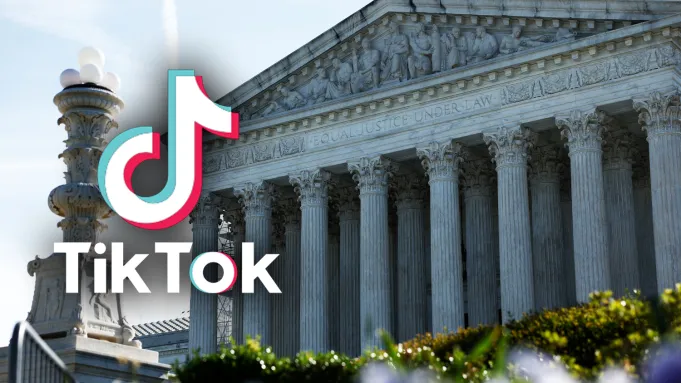
TikTok’s appeal of the Divest-or-Ban law will be heard by the US Supreme Court in January
On January 10, the Supreme Court will hear oral arguments to determine the outcome of the TikTok divest-or-ban statute.
On January 10, the Supreme Court will hear oral arguments in a crucial issue that could decide the future of the TikTok app in the US: the divest-or-ban statute.
This legal dispute is the result of a rule that Congress approved in April that mandates TikTok’s parent firm, ByteDance, sell off its US business or risk being kicked out of app stores on January 19.
Because of ByteDance’s connections to China, which the US government views as a foreign enemy, Congress has designated TikTok a national security threat. Officials worry that the Chinese Communist Party (CCP) might obtain user data from the US or use TikTok for propaganda. TikTok has refuted these claims, claiming that a team based in the US independently moderates content and that it does not exchange data with the Chinese government.
In May, TikTok filed a complaint in the DC Circuit Court, claiming that the legislation violated users’ First Amendment rights. The business appealed to the Supreme Court after losing the case earlier this month, asking for an order to postpone the law’s implementation until its arguments were heard. The ban is scheduled to go into force days after oral arguments, even though the Court has consented to hear the case but has not stopped the law’s execution.
Legal experts continue to have doubts about TikTok’s prospects for success. According to Bloomberg Intelligence senior litigation analyst Matthew Schettenhelm, there is just a 20% chance that the business will overturn its Supreme Court defeat.
Donald Trump, the incoming president, may try to step in if the Court rules against TikTok. In a Monday meeting with Shou Chew, the CEO of TikTok, Trump said he has “a warm spot in my heart for TikTok” and said he would be happy to review the situation. It’s unclear, though, if he can affect the result.
Creators and companies that depend on the app would be greatly impacted by a possible prohibition in early 2025. TikTok is still the main platform for many producers, even though others have switched to other sites like YouTube Shorts and Instagram Reels. There would be significant interruptions for e-commerce vendors who rely significantly on TikTok’s Shop feature.
Jasmine Enberg, vice president and lead analyst at EMARKETER, told Bloomberg Intelligence that a ban would hurt small businesses and emerging producers that depend entirely or mostly on the app.
“Being more likely to have diversified their channels and developed engaged audiences on other platforms, established creators and large brands may fare better during the upheaval.”
All Categories
Recent Posts
Tags
+13162306000
zoneyetu@yahoo.com


